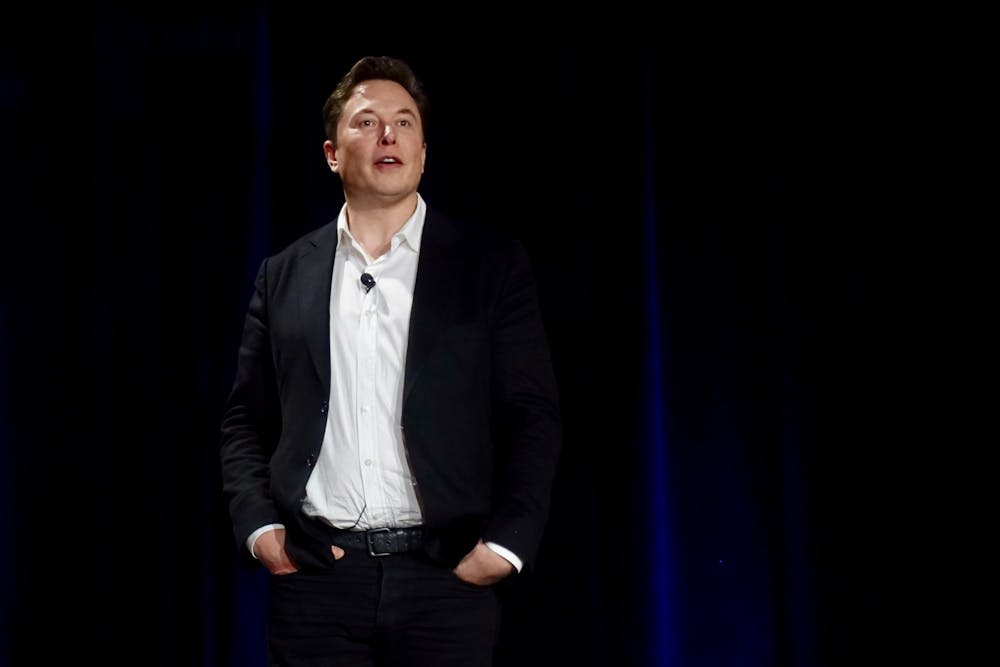Twitter Inc. accepted 1997 College and Wharton graduate Elon Musk's offer to purchase Twitter for approximately $44 billion on Monday.
Musk offered to buy the social media company on April 13 in a letter written to Chairman of the Board Bret Taylor. Following the acquisition, Twitter shares will no longer be publicly exchanged, and Musk will pay Twitter stockholders $54.20 in cash per share.
"Twitter has tremendous potential — I look forward to working with the company and the community of users to unlock it," Musk said in a statement on April 25.
Earlier this month, Musk became Twitter’s largest shareholder, holding a 9.2% stake in Twitter worth nearly $2.9 billion.
In his letter to Taylor, Musk wrote that he plans to protect free speech on Twitter by turning it into a private company.
“I now realize the company will neither thrive nor serve this societal imperative [to free speech] in its current form. Twitter needs to be transformed as a private company," Musk wrote on April 13. "My offer is my best and final offer and if it is not accepted, I would need to reconsider my position as a shareholder."
Musk has long criticized Twitter’s free speech policies. On March 25, Musk posted a poll on Twitter which read: “Free speech is essential to a functioning democracy. Do you believe Twitter rigorously adheres to this principle?”
“The consequences of this poll will be important. Please vote carefully,” Musk said in a threaded reply to the poll. The next day, Musk added that the social media platform is “failing to adhere to free speech principles.”
RELATED:
Elon Musk becomes largest Twitter shareholder with a 9.2% stake in the company
Penn graduate Elon Musk's brain chip company issues response to lawsuit alleging animal abuse
Despite championing ideas of free speech, Musk's plans for content moderation is not a clear-cut issue. In a interview with TED on April 14, he acknowledged that free speech on Twitter is complicated.
“Well, I think we would want to err on the, if in doubt, let the speech, let it exist. But if it’s a gray area, I would say let the tweet exist,” Musk said. “But obviously in a case where there’s perhaps a lot of controversy, you’re not necessarily going to promote that tweet. I’m not saying I have all the answers here.”
In addition to promoting free speech, Musk also hinted that he wanted to change Twitter algorithms and platform usage once he purchases the company.
“I also want to make Twitter better than ever by enhancing the product with new features, making the algorithms open source to increase trust, defeating the spam bots, and authenticating all humans,” Musk said in a Monday statement.









